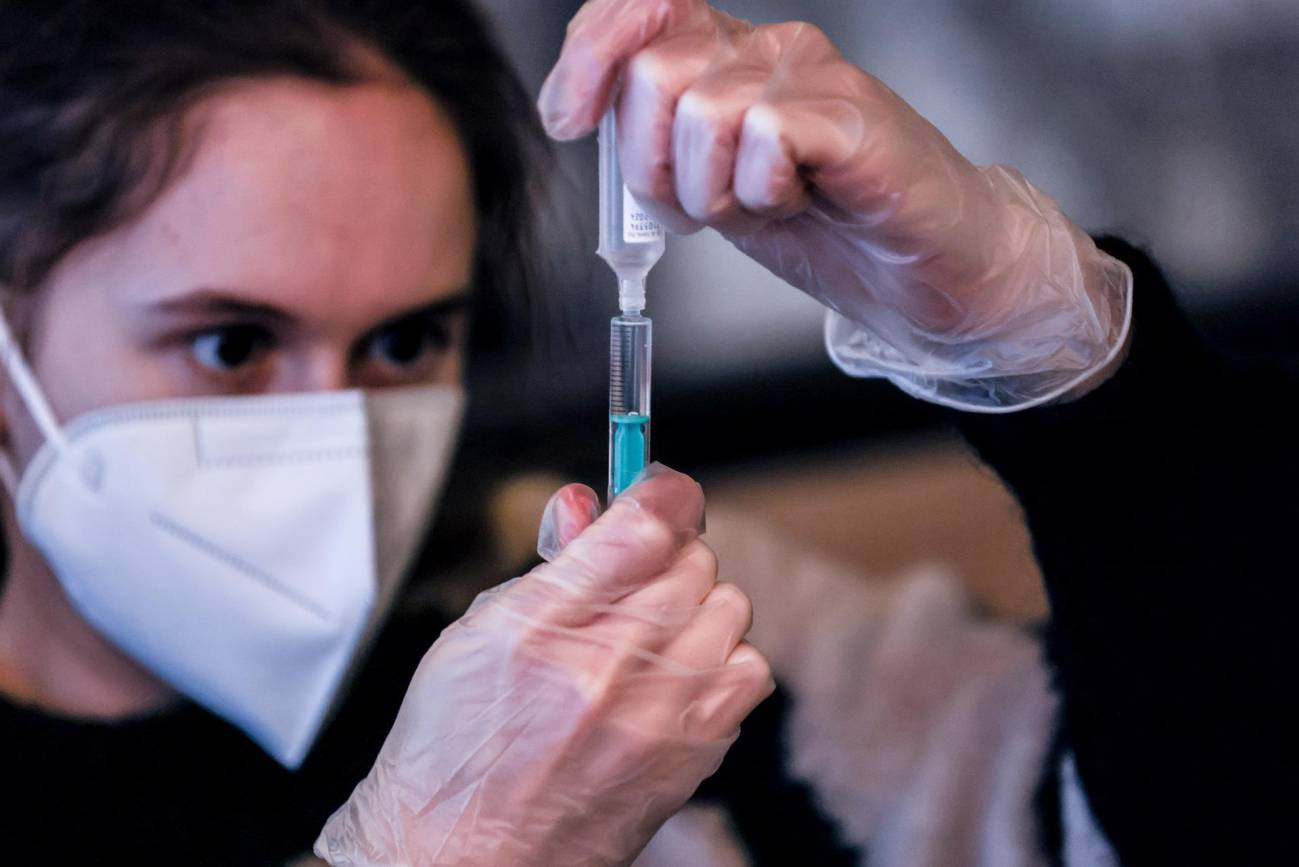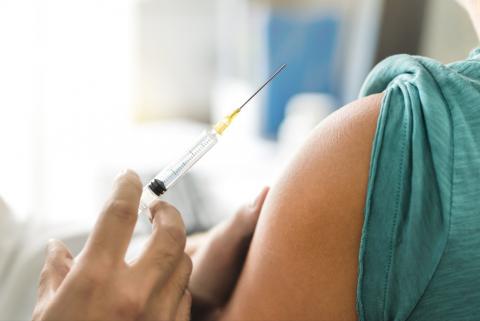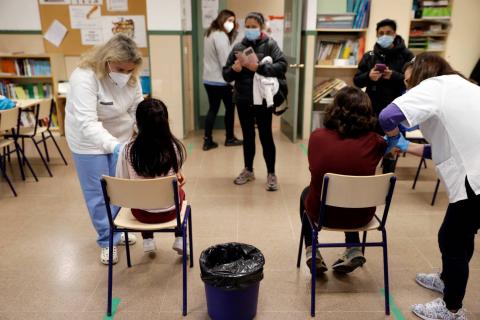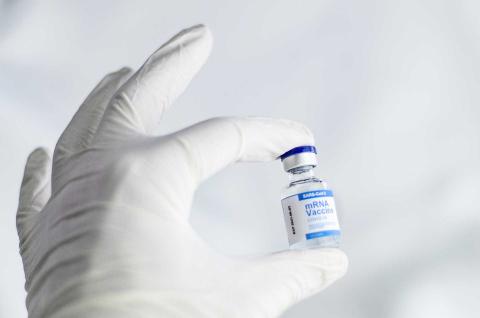Reaction to data shared by Moderna on its bivalent Omicron vaccine
In a press release published this week, Moderna has shared the first data on its new bivalent adapted vaccine against Omicron.

Sonia Zúñiga - Moderna
Sonia Zúñiga
Virologist at the National Biotechnology Centre (CNB-CSIC)
What would stand out from the positive results announced by Moderna is the bivalent vaccine aspect. In fact, the results in animal models of their omicron-specific vaccines were not as good as desirable (work still in preprint). These results, and others that are becoming known, probably led them to include vaccines for more than one variant in the new formulations. This reflects the complex situation with circulating variants right now, and the need to develop new vaccines designed to be effective against several variants of concern (VOC) which, at this stage, necessarily involves combining antigens in vaccine candidates even if they are developed as booster doses.
On the other hand, the high circulation of omicron and its derived variants leads, at the moment, to a high rate of infections mostly with mild symptoms or asymptomatic due to the efficacy of current vaccines. This also indicates that the current vaccines should be improved if a booster is needed in the future for the most vulnerable population.
Sonia Zúñiga is a member of the Advisory Committee of SMC Spain.
José Gómez Rial - Moderna
José Gómez Rial
Head of the Immunology Department at the Complejo Hospitalario Universitario de Santiago de Compostela (CHUS), Servicio Gallego de Salud (SERGAS)
These are encouraging data, although we need more details than those presented in the company's press release. It is good news that the company announces that the trial objectives have been met in terms of immunogenicity and that the criteria for non-inferiority to the original vaccine have been met. A vaccine that shows effectiveness at the level of neutralising antibodies to omicron is needed as soon as possible for the next waves to protect vulnerable populations.
It is now up to the regulatory agencies to evaluate all the data from the study and issue their assessment.



